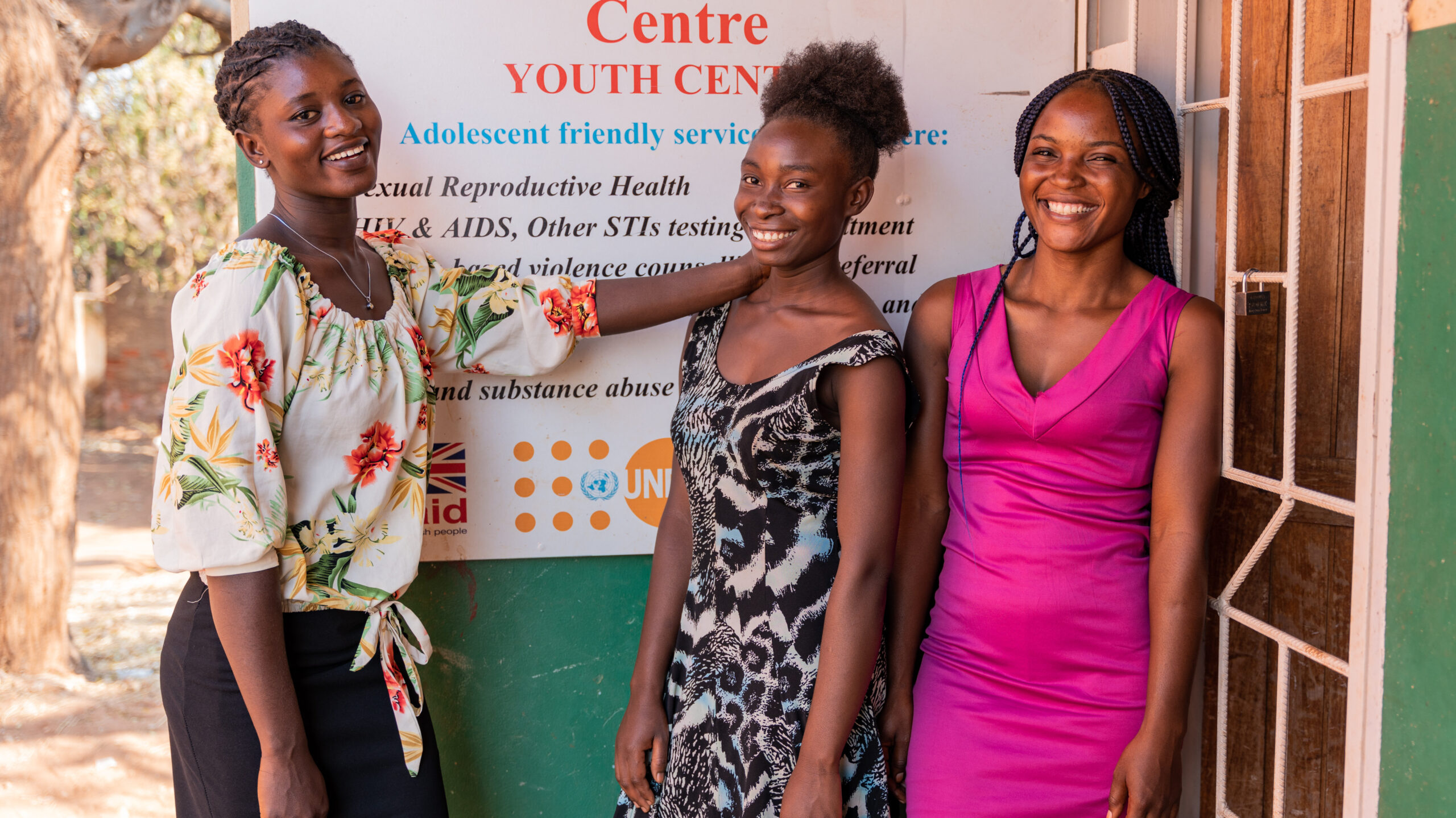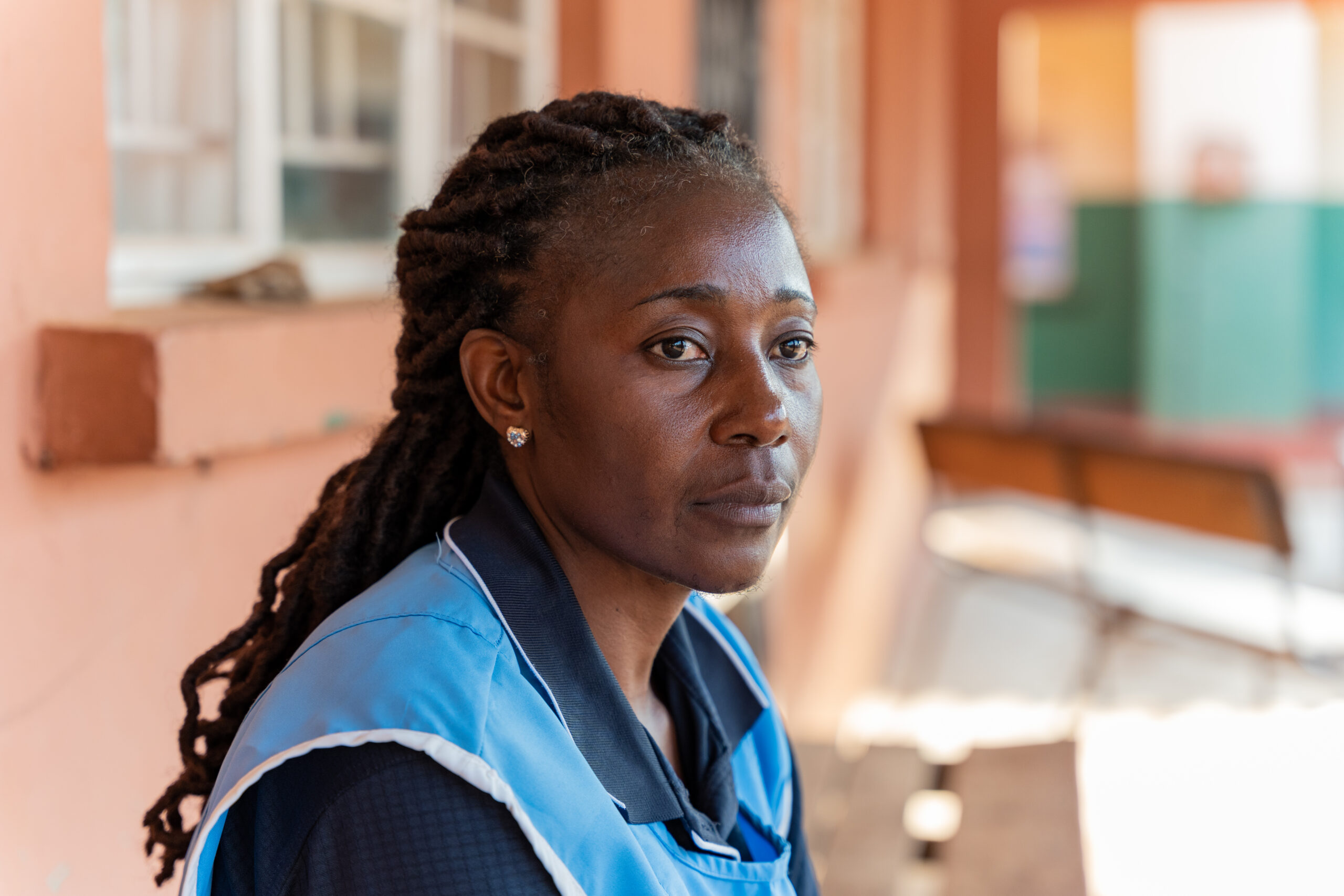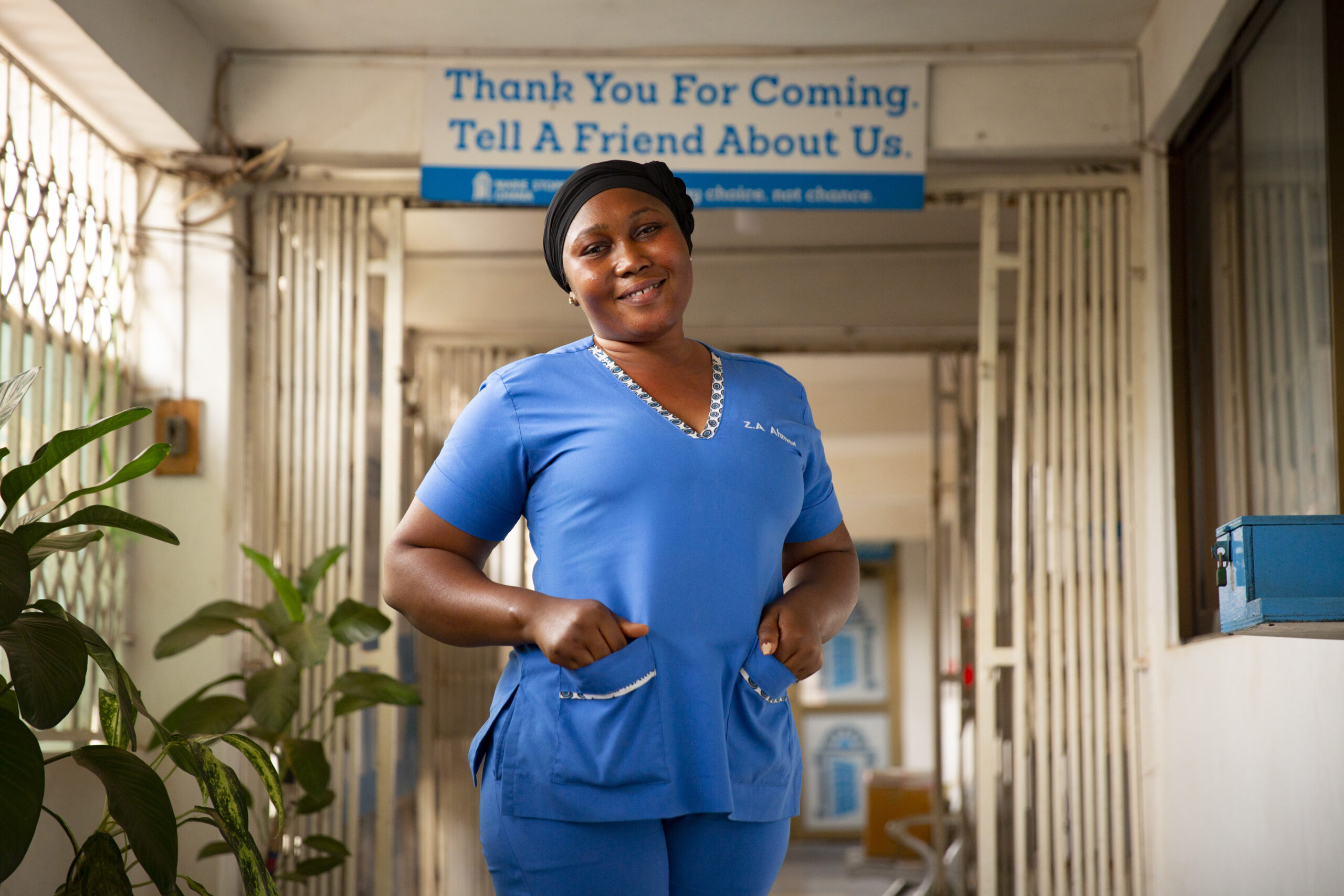Menstrual health is part of basic healthcare — and a critical element of women’s rights more broadly. Imagine what your life would be like without sanitary products during your period. How would you go to work or to school? How would you be able to exercise?
In Ghana, the sanitary products that enable many of us to go about our daily lives during our periods are a costly luxury. Period stigma and a lack of menstrual hygiene products isolates girls, making them more likely to miss school. Ninety-five percent of girls sometimes miss school due to menstruation. In parts of Ghana, menstruating girls are isolated from family, school and the public. Period stigma can even have physical health consequences like anemia.
No one should feel ashamed or alone for having a period.
At MSI, we are committed to supporting girls’ health. In order to improve school attendance and open up a broader conversation about reproductive health, MSI Ghana offered over 100 school children and their teachers menstrual cups.
We included teachers in the campaign so they could be a valuable resource to their students, answering questions like ‘How do I use this cup?’ and encouraging students’ parents to support the campaign. By using the cups, teachers, who are respected in Ghanaian society, helped bust the stigma around periods and menstrual products. Most of the teachers involved in the program visited parents at home to talk to them about the menstrual cups.
“My mother said once my teachers have approved it means it is good. It has been tried by others abroad, we can also try it here. It is good that we won’t have to buy pads.”
Anonymous girl in Ghana
Before the campaign started, girls lacked access to sanitary products and missed school as a result. But now, several months after MSI Ghana passed out the cups, girls tell us the cups are having an impact.79% of those given the cups used them at least once, and 34% of beneficiaries have begun to use them every time they get their period.
“I feel very comfortable using it. I wore it all day, and it was not full when I removed it. I like it because unlike the pad and cloth, I do not stain.”-Irene
The menstrual cups are also beneficial to the girls’ families. Some parents supported the girls using the menstrual cups since they saved them money from buying pads. One parent in a rural area, where periods are heavily stigmatized, gave her daughter a saucepan specially dedicated to sterilizing her menstrual cup, using valuable household resources to help her manage her menstrual hygiene. Some mothers even wanted a menstrual cup of their own!
“My mother said once my teachers have approved it means it is good. It has been tried by others abroad, we can also try it here. It is good that we won’t have to buy pads.”
Anonymous girl in Ghana
Importantly, the menstrual cup campaign also opened up a conversation about contraception. During the demonstrations on how to use the cups, many girls asked questions about preventing unintended pregnancies, allowing MSI’s team to discuss contraception and even refer girls to their nearest MSI center.
Girls should be able to go to school without worrying about their periods. At MSI, we are committed to providing girls with the tools to freely choose what they want to do with their lives.
This article was originally published on Medium








